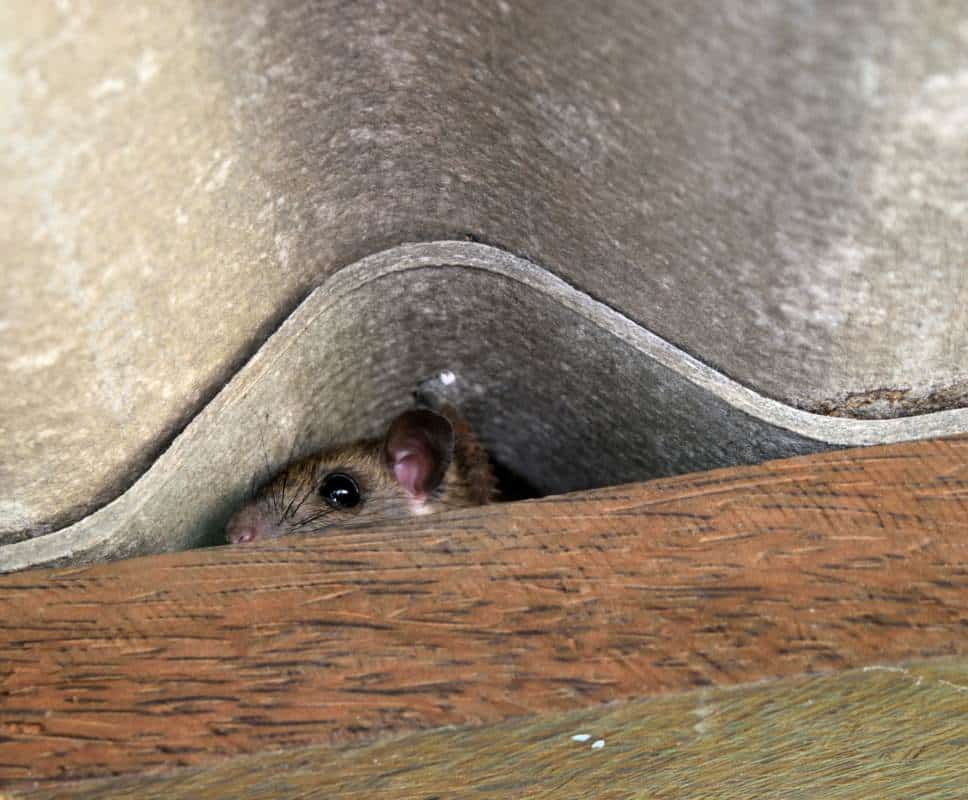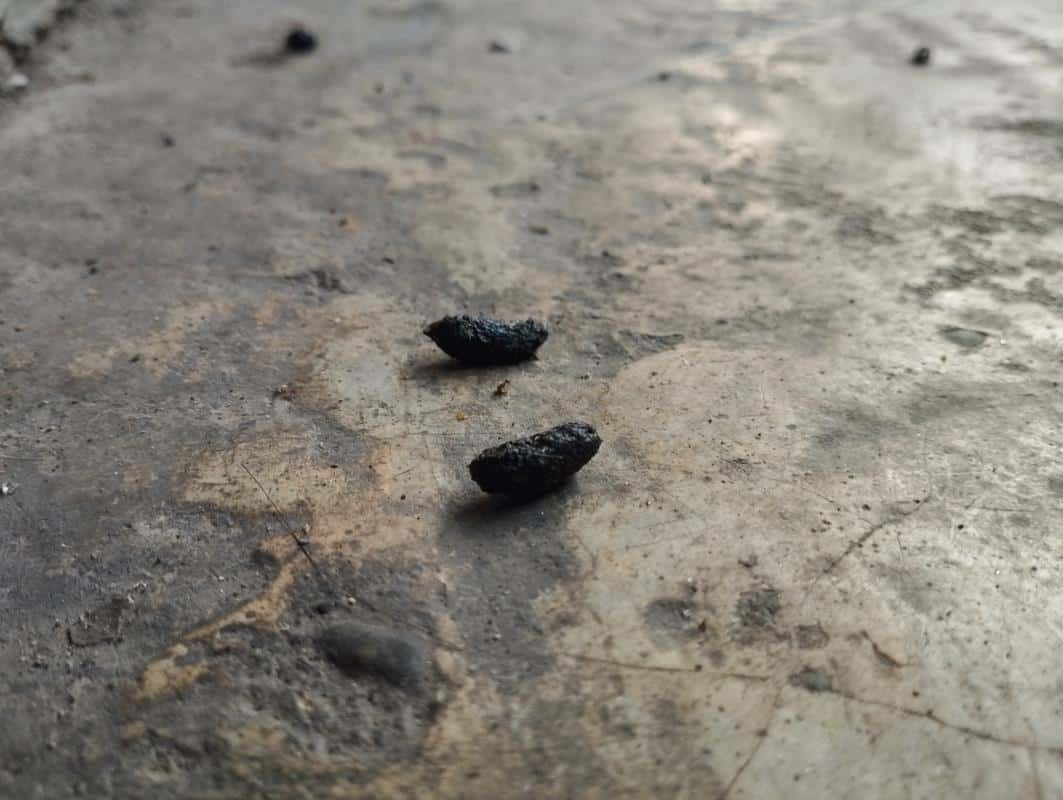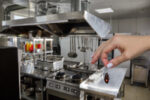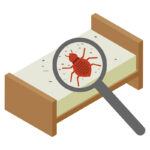
Dangers of Rodents in South Florida: Health Risks You Need to Know About
Rat Species in Florida and Their Health Risks
In South Florida, the most common rodents are the Roof Rat (Black Rat), Norway Rat, and House Mouse. Each species presents unique challenges:
- Roof Rats: Also known as black rats, these climbers often enter homes through roof intersections or attics. Roof rats are notorious for spreading diseases through their droppings and can chew on electrical wires, posing a fire hazard.
- Norway Rats: These burrowers often enter homes through plumbing, especially if there are damaged or rotted cast-iron pipes. They can carry harmful diseases and create water damage by chewing on pipes, leading to costly flooding.
- House Mice: Small but hazardous, house mice reproduce quickly and spread diseases through their urine and droppings. Their presence can contaminate food sources and damage household items.
Each of these species can introduce a host of rodent diseases, making it essential to identify and eliminate infestations promptly.
Rodent Diseases and How They Spread
Rodents are vectors of several dangerous diseases that can affect humans. Some of the most common rodent-related diseases include:
- Hantavirus: Carried by rodents, particularly rats and mice, hantavirus can spread through contact with rodent droppings, urine, or saliva. This virus can lead to serious respiratory conditions.
- Leptospirosis: This bacterial infection is often transmitted through contaminated water or food exposed to rodent waste. In rare cases it can lead to kidney damage, liver failure, and even death.
- Salmonella: Common in rat droppings, salmonella can cause severe food poisoning if it contaminates surfaces where food is prepared.
Understanding Airborne Diseases from Rats
One of the more insidious ways rat diseases spread is through the air. When rodent droppings or urine dry out, they can release particles into the air, which may carry pathogens like hantavirus. Simply breathing in contaminated air in a rodent-infested area can put you and your family at risk. Rodent prevention is critical, because to clean an attic after a rodent infestation has occurred can be very costly.
Rat Infestation Health Risks: What Do I Need to Watch Out For?
Rodents aren’t just health risks; they can cause significant damage to your property. Signs of a rodent infestation may include:
- Chewed wires: Rats gnaw on electrical wires, creating fire hazards in attics and walls.
- Water damage: Norway rats can chew through water lines, leading to flooding and expensive repairs.
- Plumbing issues: Rats can enter homes through damaged or rotted cast-iron pipes, introducing not only themselves but also pests like American cockroaches (commonly known as palmetto bugs) into your home.
Rodents reproduce quickly, and their infestations can escalate fast, making early detection crucial.
Dangers of Rat Droppings and Contaminated Surfaces

Rat droppings are not only unsightly but also hazardous. Their waste can contain hantavirus, salmonella, and other pathogens that spread when touched or even inhaled. Surfaces contaminated with rodent droppings must be disinfected and sanitized thoroughly, and professionals should be contacted to handle severe infestations safely.
Reach Out to Hulett Environmental Services for Early Rodent Detection
If you suspect a rodent problem, JUST CALL HULETT! We offer free inspections to diagnose the extent of any rat infestation. Our expert technicians will recommend customized treatment options, including:
- Rodent trapping: Removing any existing infestations.
- Rodent baiting: Using exterior bait stations to reduce rodent populations and prevent infestations.
- Rodent exclusion: Sealing entry points like roof intersections, AC chases, gable vents, and soffit areas to keep rodents out.



